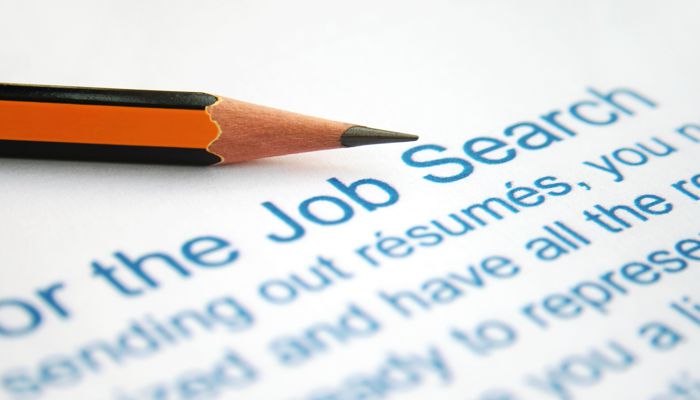Optimize Your Chances for Getting the Job


In an ever-changing job market, knowledge of job interview etiquette is important. Employers must sift through a sea of applications, and one careless oversight may move your application to the “no thanks” folder. Refining everything from your initial email to your responses during the interview is crucial to make a good first impression and potentially land an offer.
Here are eight job interview etiquette tips as you begin your search:
Make sure your social media presence is squeaky clean. Use social media to your advantage. According to a survey conducted by Jobvite, 79% of those that responded say they hired an employee through LinkedIn, as opposed to Facebook (26%) and Twitter (14%). Hiring managers (93%) admit to reviewing a candidate’s social media profile(s) before making a final decision. It is better to have a strong, but limited online presence than a slew of inappropriate status updates. When in doubt, do not hit “post” or “tweet.”
Read the job description. When a query requests a writing sample, reference attachment or cover letter, accidentally omitting it puts you in the back of the line. While it is not impossible to recover if you overlooked the appeal, you will be one step ahead if you get it right the first time. Never assume that more is better. Including additional documents can be an added inconvenience to the reviewer, so it is best to stick to the script.
Respond back in a timely manner. While it is understandable if you are working during the day and cannot answer your telephone, when possible be available by email or phone during your lunch hour. I recently was in the market for an administrative assistant and sent an email to an applicant that I was interested in interviewing. Since I did not hear back by the end of the day, I moved on to the next, equally qualified candidate. Although the initial applicant was a real contender, her delayed response kept her from further consideration.
Research each company. Asking your interviewer what type of work they do is an immediate red flag. Create a comprehensive list of companies and positions to which you have applied. Before responding by email or phone, review the company profile and detailed listing. Understanding what each employer is looking for is essential in crafting an appropriate response.
Tailor your resume for the job posting. Do not rely on the same format for each application. Be sure to emphasize the skills that coordinate with the position’s responsibilities. Employers appreciate attention to detail because it means less work for them! Although it can be a little time-consuming, the resulting benefits are well worth it.
Show enthusiasm. Anxiety tends to influence your demeanor, which the hiring manager might perceive as disinterested or unmotivated. Smile when appropriate and do not feel hesitant to let your personality shine. Most employers want to hire someone who can easily transition into their office environment. You only have one chance to make a favorable impression.
Reiterate your interest in the position. Once you have completed the interview, your work is not over. Sometimes employers cannot decide between two, equally qualified candidates. As a result, they look for anything that can tip the scale in one person’s favor, and that includes follow-up emails or thank you cards. [Tweet “The person who demonstrates a genuine desire to be part of the team will be the one that stands out.”]
Accept rejection with grace. If you get passed over for a position, do not take it personally. Use it as an opportunity to learn what you could have done differently and build on your strengths and skills. Take the time to be better prepared for the next job interview.
For more of my business advice, you may also find How to Follow-up After a Job Interview (via The Huffington Post) helpful.





